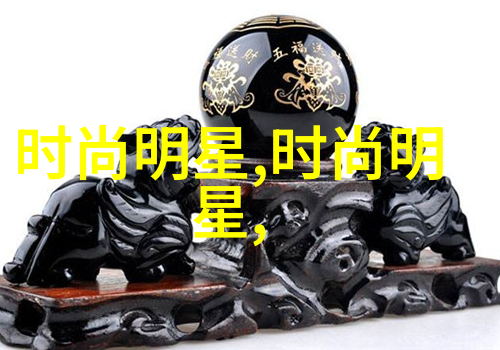您现在的位置是: 首页 - 明星 - The Evolution of Richemont From Traditional Watchm 明星
The Evolution of Richemont From Traditional Watchm
2024-12-21 【明星】 0人已围观
简介Early Days and the Birth of Richemont Richemont, a Swiss luxury goods conglomerate, has its roots in the traditional watchmaking industry. Founded in 1999 by businessman and investor Johann Rupert,
Early Days and the Birth of Richemont

Richemont, a Swiss luxury goods conglomerate, has its roots in the traditional watchmaking industry. Founded in 1999 by businessman and investor Johann Rupert, Richemont is named after the French word "riches," meaning wealth or riches. The company's early days were marked by a focus on preserving and promoting Switzerland's rich watchmaking heritage.
Expansion into Luxury Goods Market

In the early 2000s, Richemont expanded its portfolio beyond traditional watchmaking by acquiring several luxury brands such as Cartier, Van Cleef & Arpels, and IWC Schaffhausen. This move signaled a shift towards becoming a modern luxury conglomerate.
Diversification Strategy

To further diversify its offerings, Richemont also acquired Montblanc, Alfred Dunhill, Lancel and Vacheron Constantin among other luxury brands. This strategy allowed the company to enter new markets while maintaining its focus on high-quality products.
Globalization Efforts

Richemont recognized that globalization was key to expanding its reach and increasing revenue growth opportunities for its brands worldwide. In order to achieve this goal effectively it made strategic investments in emerging markets like China which have become major contributors to their sales.
5.The Challenges Faced During Growth Phase

During this period of rapid expansion faced numerous challenges including managing multiple acquisitions at once while integrating them under one umbrella organization structure; adapting brand identities across different cultures; ensuring consistency quality standards globally etc.. These challenges forced management team had make difficult decisions about priorities resources allocation
6.Successful Brand Management Strategies
Despite these challenges they managed successfully through effective brand management strategies ,such as investing heavily marketing campaigns that highlight each brand unique selling proposition (USP) creating strong emotional connections with customers ; offering exclusive experiences tailored individual preferences thus fostering loyalty customer base
7.The Future Of Luxury Industry And Role Of Richmont Within It
The future of luxury industry looks promising but also fraught with uncertainties .With rising costs raw materials increased competition from emerging market players evolving consumer behavior ,the landscape is set change rapidly .At this juncture ,Richmont stands out due its commitment preserving tradition innovation ability adaptability resilience during times turmoil Thus we can expect see continued success for this Swiss-based global powerhouse within ever-evolving world high-end fashion accessories






